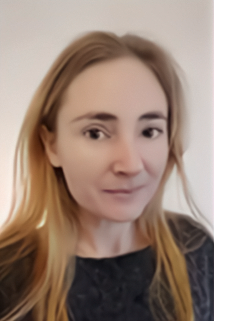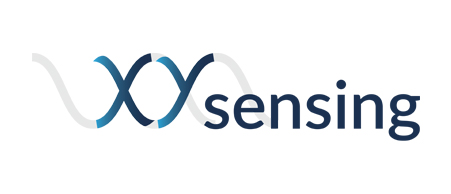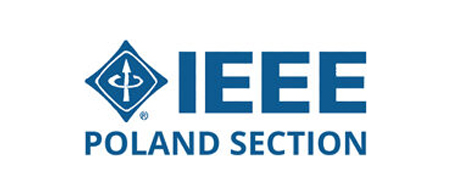Quantum Kernel Methods
 Ph.D. Urszula Libal
Ph.D. Urszula Libal
Ph.D. Urszula Libal is an assistant professor at the Faculty of Electronics, Photonics and Microsystems at Wroclaw University of Science and Technology, Poland. She is a member of IEEE Signal Processing Society. She received her M.Sc. in Mathematics in 2006 from the University of Wroclaw, Poland, and her M.Eng. in Electronics and Telecommunications in 2009 from Wroclaw University of Technology, Poland. She completed her Ph.D. with distinction in 2015 at Wroclaw University of Technology, Poland, with a dissertation focused on wavelet multiresolution analysis for statistical pattern recognition of signals. Dr. Libal is an alumna of the TOP 500 Innovator Program at Stanford University, Stanford, CA, USA. From 2019 to 2020, she served as a postdoctoral fellow in the Division of Decision and Control Systems at the KTH Royal Institute of Technology, Stockholm, Sweden, conducting research on tensor decomposition of Volterra series kernels. Her research interests include signal processing and machine learning with applications in smart beekeeping and radar systems.
Keynote talk description:
Kernel methods are a powerful class of algorithms in machine learning that allow linear models to solve non-linear problems. The core idea revolves around the "kernel trick," which enables algorithms to operate in a high-dimensional, implicit feature space without ever explicitly computing the coordinates of the data in that space. Support Vector Machines (SVMs) are a prime example of algorithms that heavily rely on kernel methods, utilizing various kernel functions like polynomial, radial basis function (RBF), or sigmoid kernels to tackle diverse classification and regression tasks. In kernel methods, optimizing kernel parameters is crucial for achieving optimal model performance. Our presentation details novel quantum-based methodologies for the optimization of kernel parameters. These approaches facilitate the attainment of enhanced performance metrics, surpassing the capabilities of conventional classical optimization techniques.






